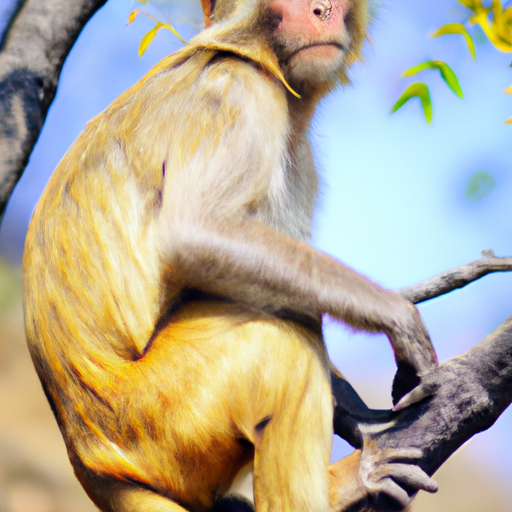 Introduction:
Introduction:
Animals, an integral part of our planet’s biodiversity, hold immense significance for the sustenance of ecosystems, human well-being, and the overall health of our planet. This article delves into the profound and multifaceted reasons why animals are crucial, highlighting their roles in ecological balance, research and medicine, agriculture, companionship, and cultural heritage. Understanding and appreciating the importance of animals is essential for fostering a sustainable and harmonious coexistence with the natural world.
1. Ecological Balance:
Animals play a pivotal role in maintaining the delicate equilibrium within ecosystems. As consumers, prey, or predators, they contribute to regulating populations of other organisms, ensuring a harmonious balance that allows for the survival and coexistence of diverse species. For instance, predators help control herbivore populations, preventing overgrazing and maintaining healthy vegetation cover, thereby ensuring a sustainable ecosystem.
2. Biodiversity Conservation:
Animals are vital for preserving the planet’s biodiversity. Each species is unique, representing millions of years of evolution and adaptation. By protecting animals and their habitats, we safeguard the genetic diversity that underpins the resilience and adaptability of ecosystems. Preserving biodiversity is crucial for maintaining ecological services such as pollination, seed dispersal, nutrient cycling, and water purification, which are vital for human survival.
3. Research and Medicine:
Animals have long been indispensable in scientific research and the development of life-saving medicines. Countless breakthroughs in medicine, including vaccines, surgical techniques, and drugs, owe their success to animal experimentation. By studying animals, scientists gain invaluable insights into human physiology, diseases, and potential treatments. However, ethical considerations must always guide the responsible and humane use of animals in research.
4. Agricultural Support:
Animals play a central role in agriculture, providing various products and services essential for human sustenance. Domesticated animals, such as cows, pigs, and chickens, supply meat, milk, eggs, and other by-products. Additionally, animals contribute to soil fertility through manure production, aiding in plant growth and enhancing agricultural productivity. Maintaining the health and welfare of farm animals is vital for sustainable food production.
5. Companionship and Emotional Well-being:
Animals provide companionship, unconditional love, and emotional support, enhancing our overall well-being. The presence of pets, such as dogs and cats, has been scientifically proven to reduce stress, lower blood pressure, and alleviate feelings of loneliness and depression. Assisting individuals with disabilities, therapy animals positively impact mental health, contributing to the healing process and improving quality of life.
6. Cultural Heritage and Aesthetics:
Animals hold immense cultural and aesthetic value, enriching our lives in numerous ways. They inspire art, literature, folklore, and traditions, forming a vital part of human heritage. From cave paintings depicting ancient wildlife to indigenous rituals that celebrate animal spirits, these connections foster a sense of identity, spirituality, and appreciation for the natural world. Animals’ beauty and diversity also contribute to the aesthetic appeal of our surroundings, bringing joy and wonder to our lives.
Conclusion:
The importance of animals is immeasurable, as they are intricately woven into the fabric of our existence. From their role in maintaining ecological balance and preserving biodiversity to their contributions in research, agriculture, companionship, and cultural heritage, animals offer us countless benefits. Recognizing their significance and protecting their welfare is not only an ethical imperative but also vital for our own survival and the sustainability of our planet. As stewards of the Earth, it is our responsibility to nurture, respect, and coexist with animals, ensuring a future where their importance continues to enrich our lives and the world we inhabit.
